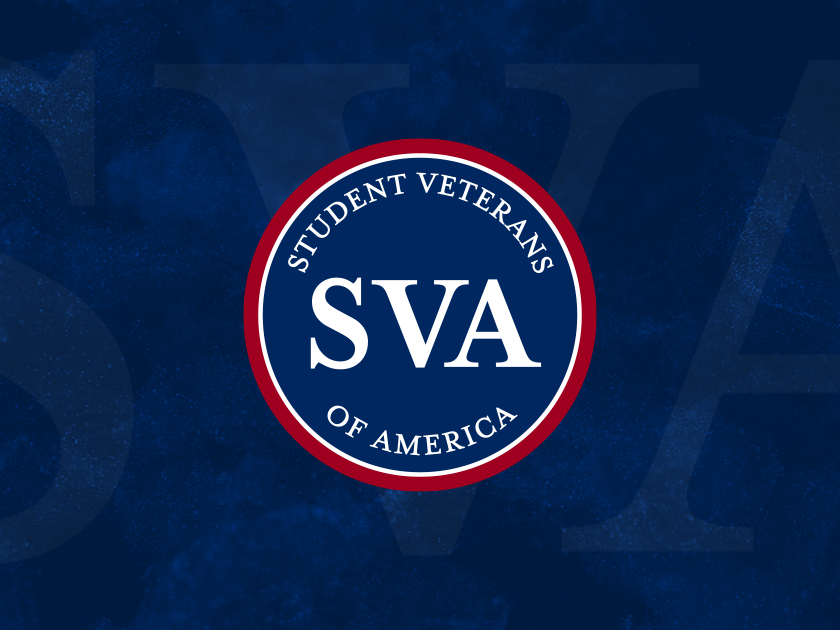
COVID-19 Benefit Protections and Rounding Out: Updates for Student Veterans
Earlier this year, VA announced its intent to eliminate the Rounding Out Rule, which allowed students to supplement their course load with non-required classes in order to maintain full-time status during their final term. It was ultimately retained in a weaker form, with less flexibility, but student veterans need the full rule restored.
Background:
As the pandemic began to spread in March 2020, tens of thousands of students using Department of Veterans Affairs (VA) education benefits faced the risk of reduced benefits, including Monthly Housing Allowances (MHA), as their courses shifted online. Fortunately, members of Congress on both sides of the aisle came together to pass crucial legislation that ensured VA had the authority to protect education benefits during the pandemic. Congress later extended these safeguards as COVID-19 continued to impact communities across the country. These protections are currently set to expire on December 21st of this year. Student veterans continue to need the assurances these protections provide if their courses shift online due to the pandemic.
Earlier this year, VA announced its intent to eliminate the Rounding Out Rule, which allowed students to supplement their course load with non-required classes in order to maintain full-time status during their final term. VA ultimately decided to retain the Rounding Out Rule, but in a weakened form that provided students with far less flexibility. Student veterans need a strong Rounding Out policy at VA.
Lastly, earlier this year, Congress passed two important pieces of legislation impacting veterans’ education benefits—the Isakson-Roe and TRHIVE Acts. These bills made several important changes to policies governing veterans’ education benefits, but also resulted in some unintended consequences. Among these were friction between certain Department of Education and VA policies, complications for VA approval of and student enrollment at foreign schools, and confusion among institutions attempting to comply with certain disclosure requirements. Schools and students need these issues fixed.
Where things stand:
For several months now, Student Veterans of America (SVA) has been sounding the alarm on the need to address these issues. Throughout that time, SVA has heard from students and institutions, both at home and abroad, about the impact and urgency of these matters.
Multiple bills have been introduced in Congress to fix these issues. Unfortunately, despite bipartisan consensus on policy, there are political disagreements about how to pay for the legislation.
On November 18, SVA, the American Council on Education (ACE), the Association of Public Land-grant Universities (APLU), and over thirty veteran-serving and higher education organizations sent a letter to the House and Senate Committees on Veterans Affairs. The letter expressed our profound concern with the continued delay in addressing these issues in a comprehensive, bipartisan manner. Our letter underscored that ongoing delays are negatively impacting students who are currently registering for classes by depriving them of the peace of mind that the Rounding Out fix and extended COVID-19 protections would provide.
What happens next:
As SVA and others have continued to press Congress to quickly address these critical issues, there has been a flurry of activity on the Hill in the last few days around legislation that could do just that. The House is setting up for a vote on this legislation following the Thanksgiving recess, and the Senate is working to introduce companion bills to the House versions, as well as an amendment in the National Defense Authorization Act (NDAA). We have also received assurances from Committee staff that all these issues will be addressed. Passing this legislation remains SVA’s top priority, and we will provide additional updates as the legislative process continues to unfold.